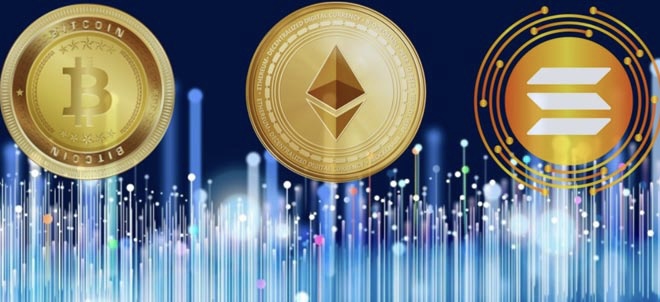A transaction on the Solana network consumes less energy than Ethereum and Bitcoin transactions combined according to a new report published by the Solana Foundation.
The report states that a single transaction on its network consumes 0.00051 kilowatt-hour (kWh), or 1,836 Joules, of energy.
Based on the average number of transactions and the amount of energy necessary to run the network, Statista calculates that a single Bitcoin (BTC) and Ethereum (ETH) transaction needs an average of 4,222,800,000 joules and 644,004,000 joules, respectively.
This means that a transaction on Solana uses 99.999 percent and 99.9999 percent less energy than transactions on Ethereum and Bitcoin, respectively, making the network more power efficient.
Ripple (XRP), which uses 28,440 Joules each transaction, is another low-energy option. The amount of energy utilised in each million transactions on Ripple’s network could have powered a light bulb for 79,000 hours, according to the firm.
Following the imminent transition to proof-of-stake, Ethereum 2.0 is expected to utilise 99 percent less energy than the existing mainnet.
Solana uses a combination of proof-of-stake (PoS) and proof-of-history (PoH) consensus techniques to improve performance and scalability. As a result, the network claims to be able to process 50,000 transactions per second (TPS), making it the fastest blockchain in the world.
There are approximately 350 initiatives in Solana’s ecosystem including decentralized finance (DeFi) apps that provide free financial services without the need for an intermediary, non-fungible token (NFT) activities, gaming apps, and more.
